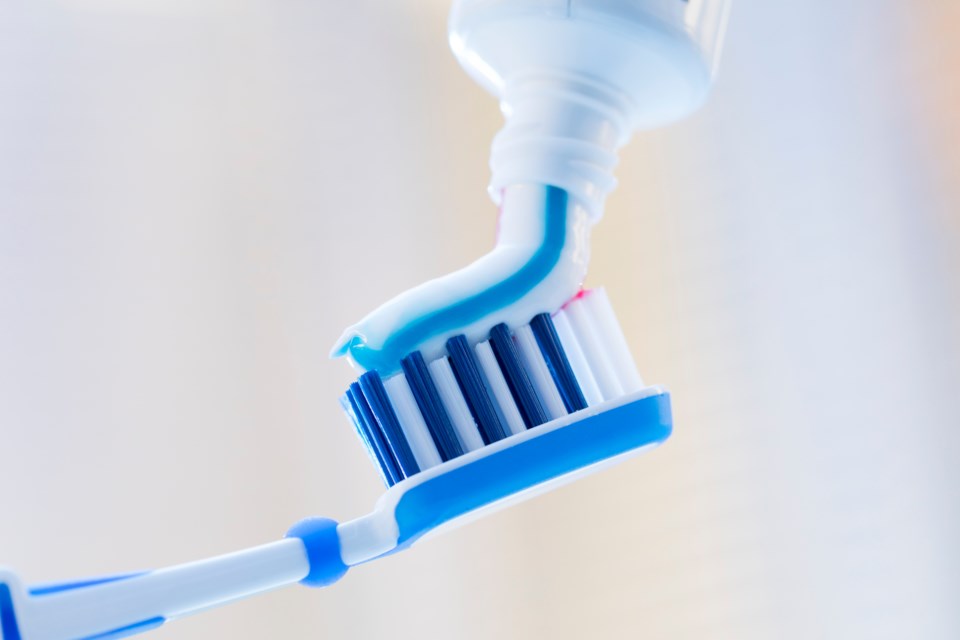April is recognized as Oral Health Month, a time dedicated to reminding ourselves that the health of our teeth and gums can affect our overall health and well-being.
Oral health is just as important as healthy eating, being active, and not using tobacco when it comes to preventing chronic diseases. Having poor oral health can contribute to serious health issues such as diabetes, respiratory, cardiovascular and brain diseases, as well as cancer.
If you're looking to improve your own oral health, you can ask your dental hygienist for guidance during your next appointment. As essential primary health-care providers, dental hygienists will work with you to develop a daily oral care plan to promote good oral health and prevent disease. They can also offer individualized treatment recommendations for oral conditions, strategies to stop smoking, nutrition counselling, and even oral cancer screenings.

In the meantime, it’s easy to commit to your oral health with these six simple steps:
- Brush your teeth at least twice a day with fluoride toothpaste
- Clean between your teeth daily with floss or other interdental devices
- Use an antibacterial mouthrinse once a day
- Make healthy food and beverage choices
- Eliminate tobacco use
- See an oral health professional every six months

Oral health tips for children
It's important to start teaching our children proper dental care habits as soon as they are able to hold a toothbrush, even if we (as adults) still assist them in the process. By the age of seven, most children can begin to take on some of the responsibility of caring for their own teeth, with gentle reminders as needed.
These reminders include brushing twice daily for two minutes, using a pea-sized amount of fluoride toothpaste and cleaning between their teeth daily using floss, soft picks, or interdental brushes. Encouraging them to choose water over sugary drinks and snack on healthy foods like raw vegetables, apples, cheese, and plain yogurt is also crucial.
As children enter the ages of 9-12, they may need extra support in maintaining good oral health due to physical and emotional changes that increase their risk of cavities, gingivitis, and bad breath. Scheduling regular dental hygiene appointments can help ensure that they are using proper techniques and making healthy dietary choices. Additionally, fluoride varnish or dental sealants may be recommended to prevent cavities.
In some cases, a dental hygienist may refer a child to an orthodontist for a check-up to monitor their facial and jaw development, teeth alignment, and potential issues that may affect their dental function in the future. The Canada Dental Benefit may provide coverage for these essential services if private dental insurance is not available.

Oral health tips for older adults
Maintaining good oral health is crucial as we age, especially for older adults who may experience chronic illness or reside in long-term care facilities where oral hygiene is often overlooked. Sadly, many seniors who rely on assistance from caregivers struggle with poor oral hygiene and suffer from various oral diseases, causing discomfort, bad breath, difficulty chewing, and swallowing.
What's more, these oral health issues are linked to serious health complications like stroke, diabetes, heart and lung diseases. However, with daily mouth care, individuals can prevent the buildup of bacteria and food debris, promoting better oral and overall health.
To ensure good oral health, dental hygienists recommend brushing teeth twice daily with fluoride toothpaste and cleaning between teeth at least once a day. Denture wearers should remove their dentures at night for proper cleaning and to allow gums to breathe during sleep. They should also clean remaining teeth twice daily and massage their gums with a soft toothbrush or warm, damp cloth. For seniors who may face challenges with these tasks, caregivers can provide assistance or seek guidance from a dental hygienist.
Regardless of where you reside or how old you are, maintaining proper oral hygiene with daily care and professional guidance from a dental hygienist can prevent oral diseases, reduce the risk of health complications, and keep you smiling for years to come.



